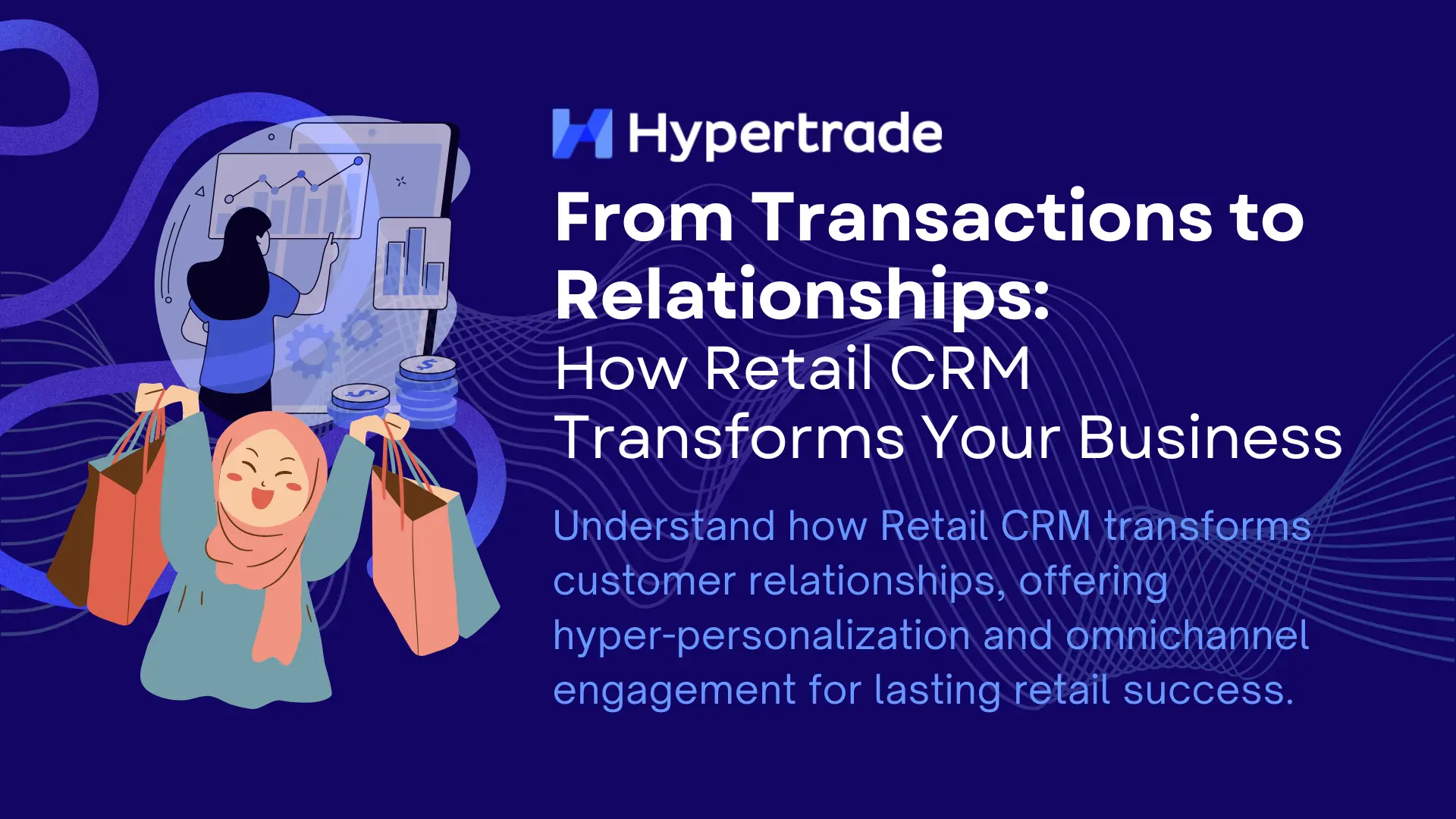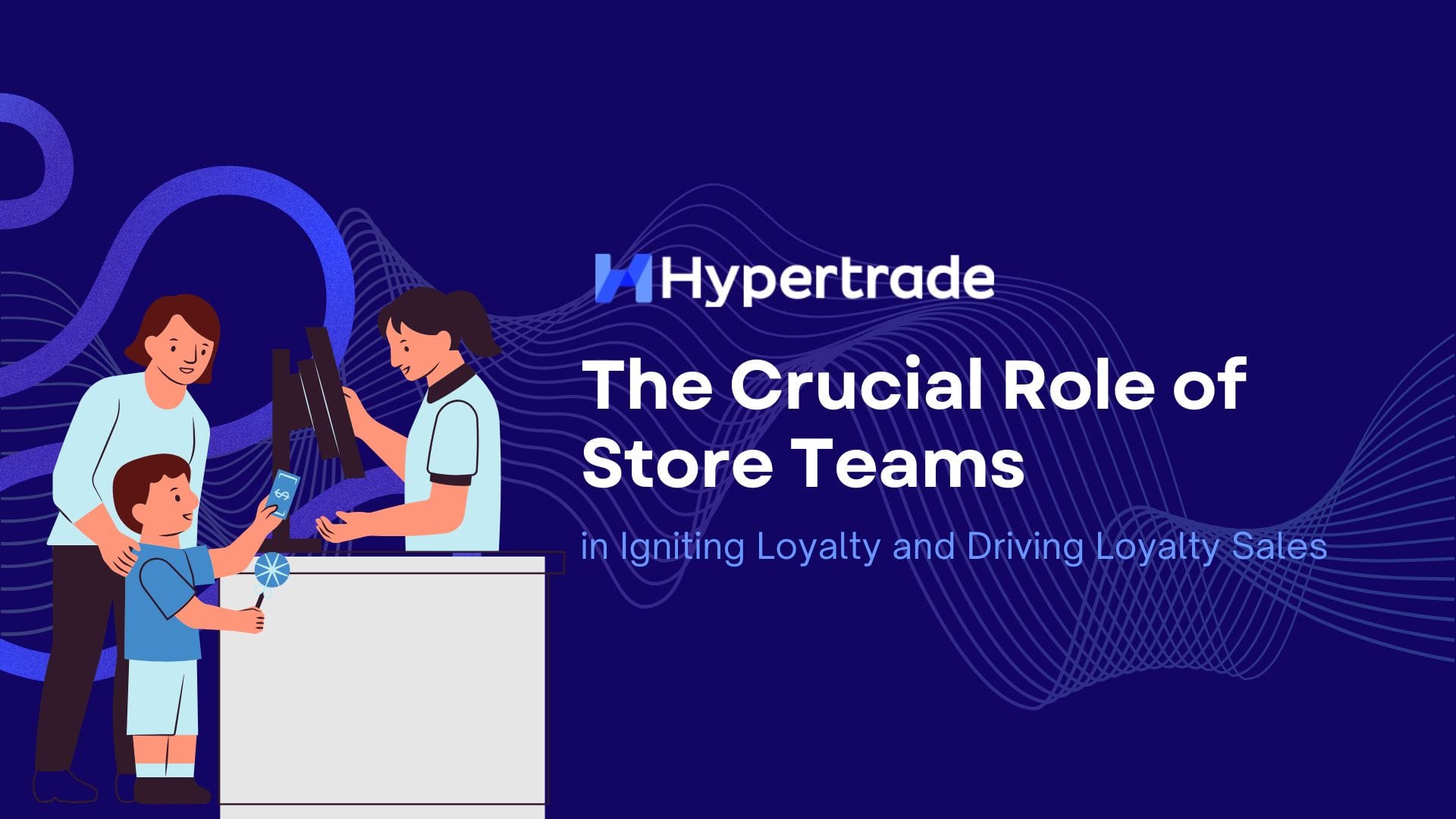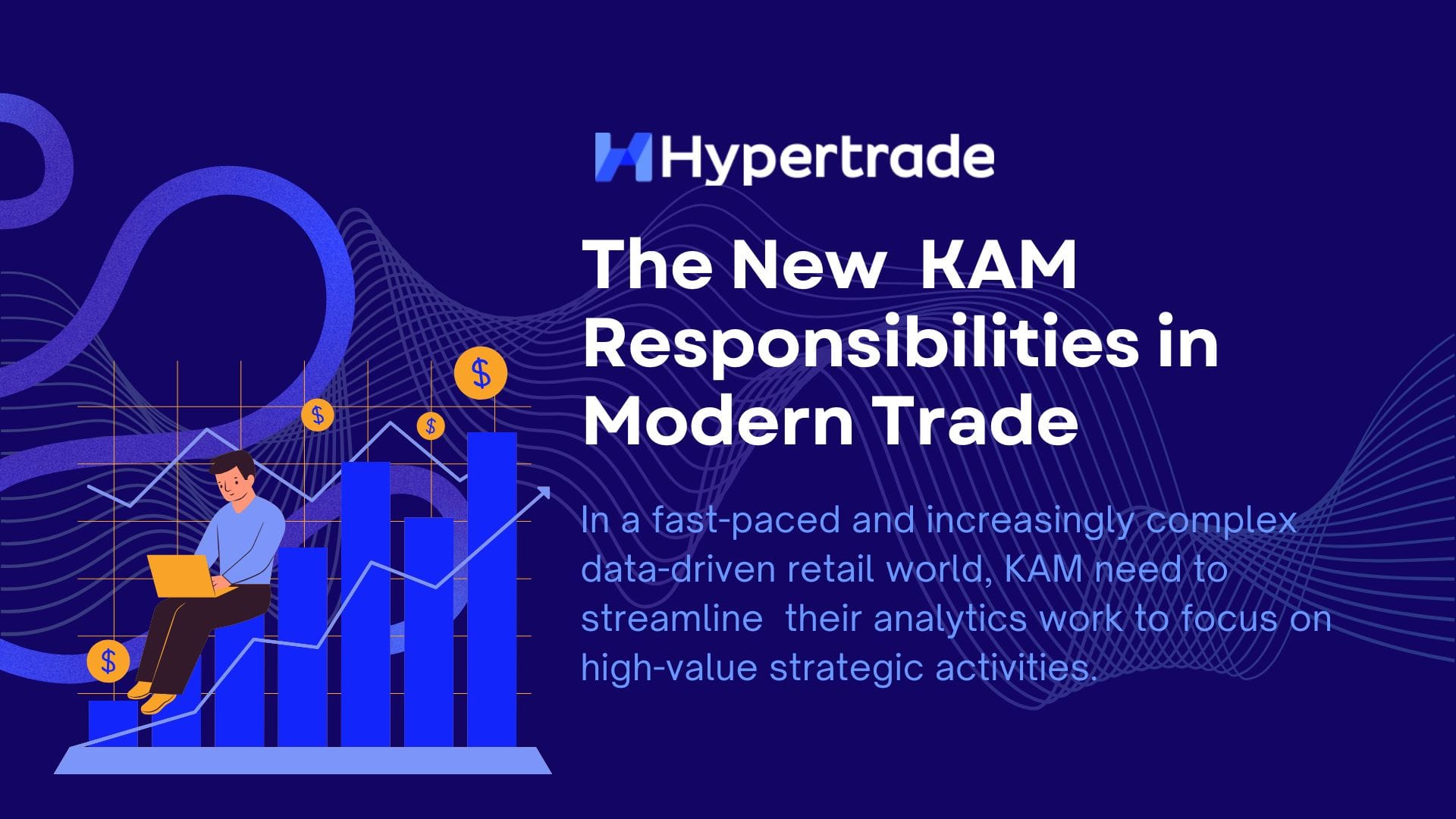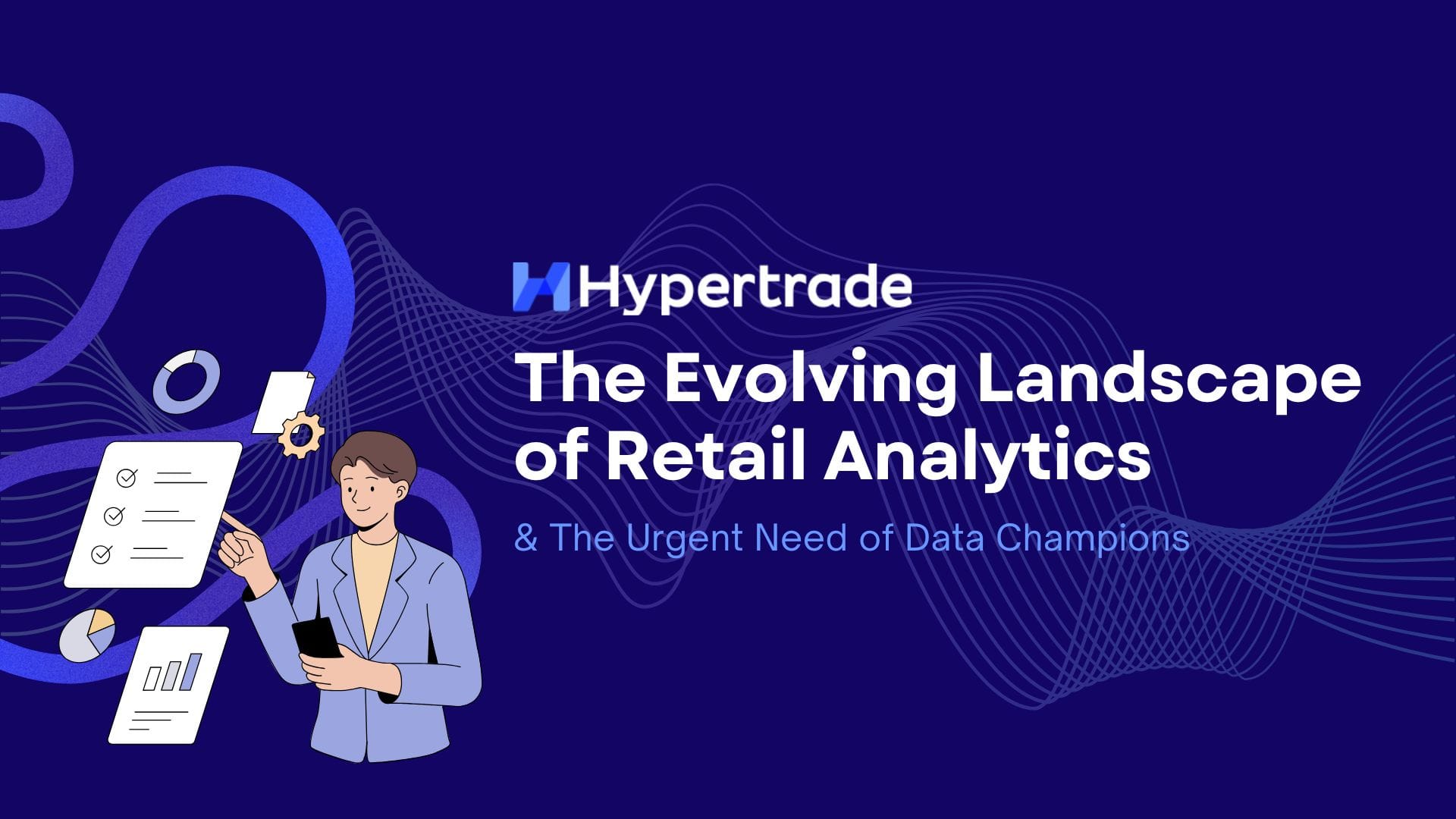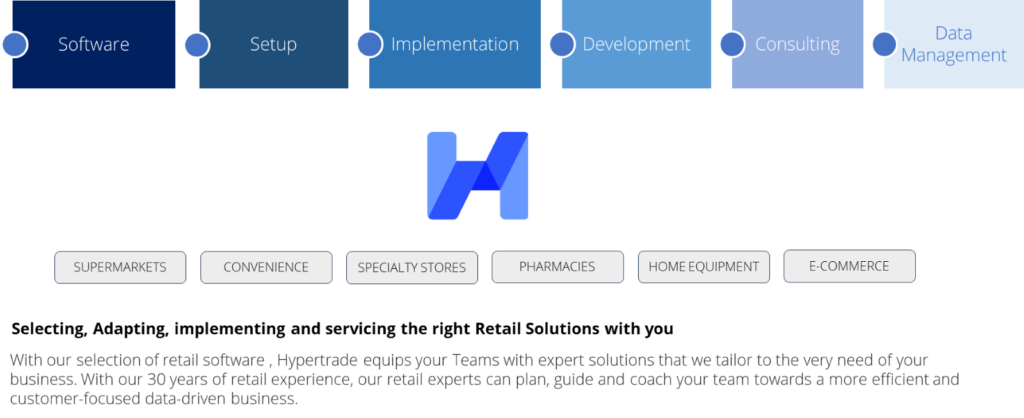This comprehensive article dives into the intricate world of Retail CRM, exploring its functionalities, how it differs from other CRM systems, and its critical role in crafting exceptional customer experiences. We’ll delve deeper into the strategic and tactical components of Retail CRM, examining how they work harmoniously to weave customer experience into the fabric of retail success.
What is Retail CRM?
Imagine walking into your favorite clothing store and being greeted by name, not just by a friendly employee, but by the store itself. Imagine the store recommending a new jacket that perfectly complements a pair of jeans you just purchased. This isn’t magic; it’s the power of Retail CRM in action!
Retail CRM is a software solution specifically designed for the retail industry. It transcends the basic functionalities of a general CRM system by providing features and functionalities tailored to the unique needs of retail businesses. While a basic CRM might simply track customer names and email addresses, a Retail CRM acts as a comprehensive customer data hub, capturing a much richer and more nuanced picture of your customer base.
Here’s a breakdown of how Retail CRM goes beyond a basic CRM:
- Deeper Customer Data: Retail CRM delves deeper than surface-level information like names and emails. It stores a wider range of detailed information about your customers. This includes purchase history, preferred brands and product categories, loyalty program details, and even past interactions with promotions, the web, and the apps. This holistic view of each customer allows retailers to understand their preferences, buying habits, lifetime value, and overall engagement with the brand.
- Advanced Customer Segmentation: By harnessing the power of data analytics, the system can segment customers into distinct groups based on shared characteristics and preferences. This allows for targeted marketing campaigns, personalized promotions, and tailored experiences that resonate more deeply with each segment. Imagine sending exclusive discounts on trendy athleisure wear to a group identified as fitness enthusiasts or offering personalized recommendations for timeless wardrobe staples to customers who consistently purchase classic pieces. Furthermore, Retail CRM can segment customers based on demographics, geographic location, and even past browsing behavior, allowing for hyper-personalized experiences across various touchpoints.
- Predictive Analytics: Retail CRM goes beyond simply storing and analyzing historical data; it can also leverage predictive analytics to anticipate future customer behavior. This allows stores to proactively address customer needs and personalize offerings before a customer even expresses a desire. For example, the system might predict that a customer who frequently purchases running shoes is nearing the end of their current pair’s lifespan. Based on this prediction, the store could trigger a targeted email campaign offering a discount on a new pair of running shoes or even suggest specific models based on the customer’s past purchases.
This rich data empowers retailers to unlock a treasure chest of benefits that extend far beyond basic customer management:
- Hyper-Personalized Experiences: Imagine a world where your favorite store not only remembers your past purchases but anticipates your future needs and preferences. With Retail CRM, this becomes a reality! Stores can leverage detailed customer data, combined with predictive analytics, to create hyper-personalized experiences that surprise and delight customers. This can include suggesting complementary items based on previous purchases, recommending products based on browsing behavior, or offering exclusive deals on brands a customer frequently chooses. This level of personalization fosters a stronger connection with customers, increases customer satisfaction, and encourages repeat business.
- Omnichannel Engagement: The modern customer journey is no longer linear. Customers interact with brands across various touchpoints, from browsing online to visiting physical stores to engaging on social media. Retail CRM empowers businesses to create a seamless omnichannel experience by integrating customer data from all touchpoints. This allows for consistent messaging across channels, personalized recommendations regardless of the platform used, and a unified customer profile that provides a holistic view of customer behavior.
- Inventory Management Optimization: Retail CRM, when integrated with inventory management systems, can provide valuable insights into customer demand and buying patterns. This allows for more accurate forecasting, optimized inventory levels, and reduced instances of stockouts. Additionally, the system can be used to identify trends and adjust product mixes based on real-time customer data. Imagine a scenario where a surge in demand for a specific product is detected. The system can then automatically trigger a reorder to ensure the product remains in stock and customer needs are met.
Retail CRM vs. B2C CRM vs. B2B CRM
While Retail CRM focuses on individual consumers, it shares similarities with other CRM systems designed for different business models:
- B2C CRM (Business-to-Consumer CRM): Both cater to individual customers, offering features for marketing automation, campaign management, and sales pipeline management (although retail sales cycles tend to be shorter). However, B2C CRM is more general-purpose and might lack industry-specific features like inventory management and loyalty program integration. Additionally, B2C CRM might prioritize features for lead generation, which is less relevant in a retail setting where customers are already identified.
- B2B CRM (Business-to-Business CRM): This system prioritizes complex sales cycles with multiple decision makers involved. It focuses on features like opportunity management, proposal generation, and quote tracking, which are less relevant in retail. B2B CRM also caters to longer sales cycles with a focus on nurturing leads and building relationships with key decision-makers within an organization.
In essence, Retail CRM is a specialized B2C CRM solution tailored to the unique needs of the retail industry, with functionalities to optimize inventory, loyalty programs, product-specific analysis, and omnichannel engagement strategies.
The Two Faces of Retail CRM: Strategic and Tactical
A well-rounded Retail CRM system comprises two key components:
- Strategic CRM: This focuses on long-term plans for customer engagement. It involves analyzing customer data to understand different customer segments and their behavior. This understanding helps develop specific segment strategies that define at which moment, and under which circumstances, specific engagements must be triggered. It can be transactional or non-transactional engagements. These strategies are then translated into targeted marketing efforts to personalize customer journeys and design loyalty programs that resonate with each segment. Strategic CRM also involves defining customer acquisition strategies and analyzing overall customer lifetime value. Strategic will also provide meaningful insights on how the Range must evolve.
- Tactical CRM: This addresses immediate customer needs and trends. It uses real-time data to trigger targeted campaigns, respond to customer service inquiries promptly, and personalize in-store experiences. For example, if a loyal customer suddenly stops shopping, a tactical campaign might involve a win-back email or a special promotion. Similarly, a surge in demand for a specific product identified through the system might prompt a tactical decision to adjust in-store displays to highlight that product.
Note: At this stage, a retailer must decide – from an organization and capabilities perspective, which CRM (strategic and tactical) needs to be set up.
Weaving Customer Experience into the Fabric of Retail CRM
Customer experience (CX) is the golden thread that runs through both strategic and tactical components of Retail CRM:
- Strategic CX: Understanding customer needs through data analysis allows for crafting personalized experiences that resonate with each segment. Loyalty programs, targeted marketing campaigns, and omnichannel experiences are all designed to build customer satisfaction and brand advocacy. Strategic CX also involves designing store layouts and training staff to create a positive and welcoming environment for all customers.
- Tactical CX: Responding to changes in customer behavior through targeted campaigns ensures a positive CX. Win-back emails, addressing customer service issues promptly, offering relevant product recommendations in-store, and personalized greetings all contribute to a smooth customer journey. Tactical CX leverages real-time data to address customer needs at the moment and ensure a positive experience across all touchpoints.
Retail CRM acts as a bridge between customer data and exceptional customer experiences. By analyzing data and understanding customer needs, the strategic component lays the groundwork. The tactical component then uses real-time data to address specific situations and ensure a seamless customer journey across all touchpoints.
The Future of Retail CRM
The future of Retail CRM is all about leveraging cutting-edge technologies to personalize the customer journey even further. Here are some exciting trends to watch:
- Artificial Intelligence (AI): AI can be used to analyze customer data in real-time, allowing for hyper-personalized recommendations, chatbots that provide 24/7 customer support, and dynamic pricing strategies tailored to individual customers.
- Augmented Reality (AR): AR can be used to create immersive in-store experiences, allowing customers to virtually try on clothes or visualize furniture in their homes.
- The Internet of Things (IoT): IoT devices can be used to collect data on customer behavior in physical stores, providing valuable insights into product popularity and store layout optimization.
By deciding first how to approach customer relationships and embracing these technologies, and staying at the forefront of innovation, Retail CRM will continue to be a powerful tool for retailers to build lasting customer relationships and achieve long-term success.
Related Articles
Related Videos

